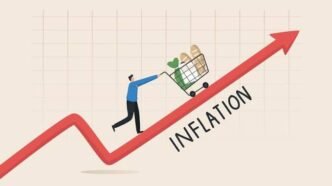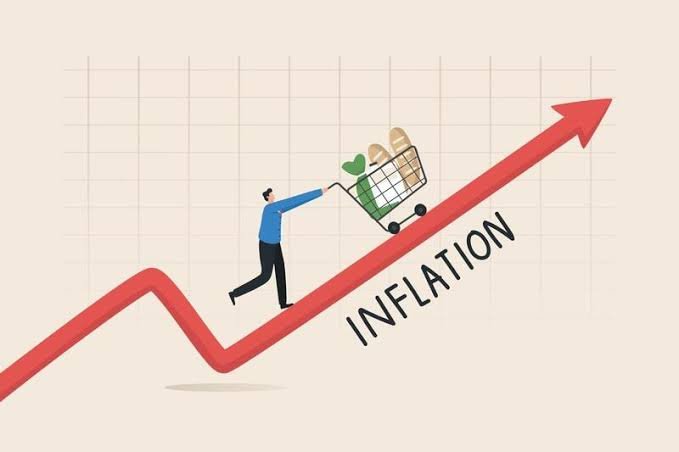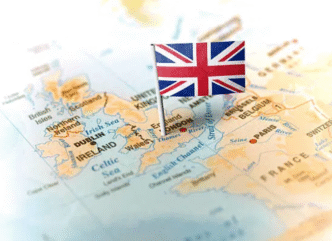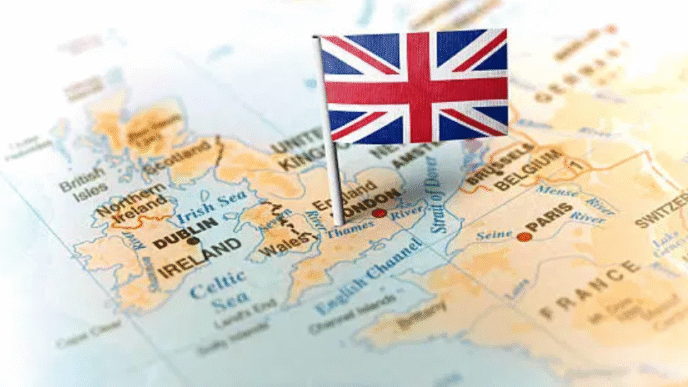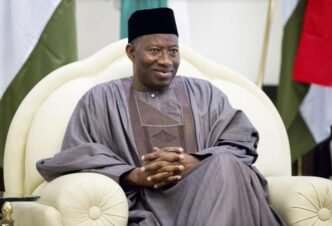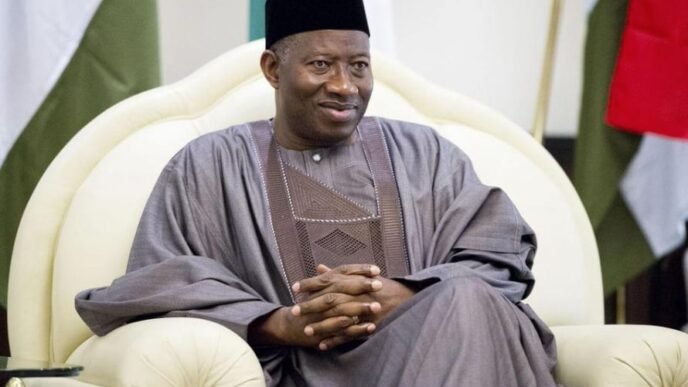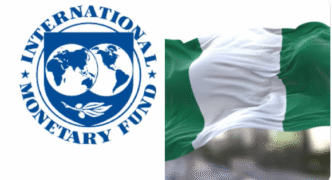Nigeria’s inflation rate has eased by 2.1 percentage points, dropping to 18.02 percent in September 2025 from 20.12 percent recorded in August 2025, according to the latest report released by the National Bureau of Statistics (NBS) on Wednesday.
The new data marks the first significant decline in inflation this year, offering a glimmer of hope for households and businesses struggling under months of persistent price increases.
Headline Inflation Falls After Months of Acceleration
The Consumer Price Index (CPI) report released by the NBS indicates that the moderation in inflation was largely driven by a decline in food and transportation costs, as well as relative stability in foreign exchange rates witnessed during the period.
The Bureau stated:
“On a year-on-year basis, the headline inflation rate was 18.02 percent in September 2025. This represents a 2.10 percentage point decrease compared to the 20.12 percent recorded in August 2025.”
However, the NBS cautioned that despite the easing, inflationary pressures remain elevated compared to the same period last year, when the rate stood at 14.89 percent in September 2024.
Drivers of the Decline: Food and Energy Costs Moderate
A detailed breakdown of the CPI report shows that the food inflation rate—which had been the major driver of overall inflation—declined to 21.15 percent in September 2025 from 23.68 percent in August 2025.
The slowdown in food inflation was attributed to improved food supply from the harvest season, the reopening of some major highways previously affected by insecurity, and a reduction in logistics costs.
According to the NBS, notable price decreases were recorded in the following food items:
- Yam, maize, garri, and rice, which saw significant price stability in most regions;
- Vegetables and cooking oil, following improved market supply;
- Poultry and fish, due to declining feed costs and increased domestic production.
Similarly, core inflation—which excludes volatile agricultural products—slowed to 14.07 percent in September 2025, compared to 15.41 percent in August.
The Bureau attributed this decline to lower transportation costs, stable exchange rates, and a reduction in imported inflation following the Central Bank of Nigeria’s foreign exchange reforms earlier in the quarter.
Monetary and Fiscal Policies Begin to Take Effect
Economic analysts have interpreted the September inflation data as an early sign that recent fiscal and monetary measures may be beginning to yield results.
The Central Bank of Nigeria (CBN) had, over the past few months, implemented a series of tightening measures to stabilize prices and the naira, including raising the Monetary Policy Rate (MPR) to 26.25 percent in July 2025.
The federal government also intensified efforts to boost domestic production through agricultural interventions, energy reforms, and support for small and medium-scale enterprises.
Speaking on the new inflation data, Lagos-based economist Dr. Chinedu Onoh said the development was “encouraging but fragile.”
“The decline in inflation shows that the policies are beginning to gain traction. However, the government must remain consistent in tackling supply-side bottlenecks and ensuring exchange rate stability,” Onoh said.
Household Relief Still Limited Despite Decline
Despite the easing in inflation, many Nigerians say they have yet to feel any significant relief in their daily living costs.
Market surveys conducted in Lagos, Abuja, and Kano showed that while prices of staple foods such as rice and garri have slightly reduced, other essential goods like fuel, cooking gas, and transportation fares remain high.
Mrs. Amina Yusuf, a trader in the Ketu area of Lagos, told reporters:
“We heard that inflation has dropped, but prices are still not going down fast enough. A bag of rice is still over ₦50,000, and transport to bring goods from the North is still expensive.”
Experts argue that the lag between policy implementation and real economic impact often takes months, meaning Nigerians may not immediately experience noticeable price relief.
Sectoral Breakdown: Food, Transport, Housing, and Utilities
The NBS report also provided insights into inflation trends across various economic sectors.
- Food & Non-Alcoholic Beverages: The largest contributor to inflation, accounting for over 50% of the total CPI basket, recorded a notable decline in September.
- Housing, Water, Electricity, Gas, and Other Fuels: Inflation in this category fell slightly to 16.9 percent, reflecting improved electricity supply and moderation in energy costs.
- Transport: Inflation in the transport sector declined to 13.8 percent, owing to increased availability of Premium Motor Spirit (PMS) and reduced logistics disruptions.
- Health and Education: Both sectors saw minimal changes, with inflation rates hovering around 11.5 percent and 10.9 percent, respectively.
Comparative Regional Data
Regionally, inflation was highest in Kogi (23.4%), Bauchi (22.9%), and Rivers (21.5%), while the lowest rates were recorded in Borno (14.8%), Katsina (15.2%), and Lagos (16.1%).
Analysts attribute these regional disparities to differences in market accessibility, security challenges, and transportation costs.
Global Context: Nigeria Mirrors Global Disinflation Trend
Nigeria’s inflation slowdown aligns with a broader global trend of easing inflation pressures across emerging markets.
Countries such as South Africa, Ghana, and Kenya also recorded moderate declines in inflation over the past two months, largely due to stabilizing commodity prices and stronger local currencies.
According to the International Monetary Fund (IMF), sub-Saharan Africa’s average inflation rate is projected to fall to 13.7 percent by end-2025, from 15.9 percent in 2024.
Policy Outlook: Economists Urge Sustained Reforms
While the September data offers relief to policymakers, experts warn that sustaining the downward trend will require consistent economic management and structural reforms.
Key recommendations include:
- Enhancing food production and supply chains through targeted support for farmers.
- Maintaining exchange rate stability to curb imported inflation.
- Improving energy infrastructure to reduce production and logistics costs.
- Promoting fiscal discipline to limit excessive government borrowing.
Financial analyst Temitope Adetola noted:
“The key to sustaining this progress is policy consistency. If the government maintains the reforms in agriculture, energy, and forex management, we may see inflation ease further below 17 percent by December.”
CBN Expected to Hold Monetary Policy Rate
Given the new inflation figures, economic observers predict that the Central Bank of Nigeria may maintain the current MPR at 26.25 percent during its next Monetary Policy Committee (MPC) meeting later this month.
The rationale is that the decline in inflation provides room for the CBN to observe further trends before making any rate adjustments that could impact borrowing and investment.
Conclusion: A Step Toward Economic Stability
The decline in Nigeria’s inflation rate to 18.02 percent in September 2025 represents a positive step toward macroeconomic stability after months of persistent price increases.
While the data suggests that government policies are beginning to yield results, experts agree that the momentum must be sustained through structural reforms, security improvements, and productive investment in key sectors.
For millions of Nigerians, the hope remains that this trend will translate into tangible relief at the markets, fuel stations, and households in the months ahead.

